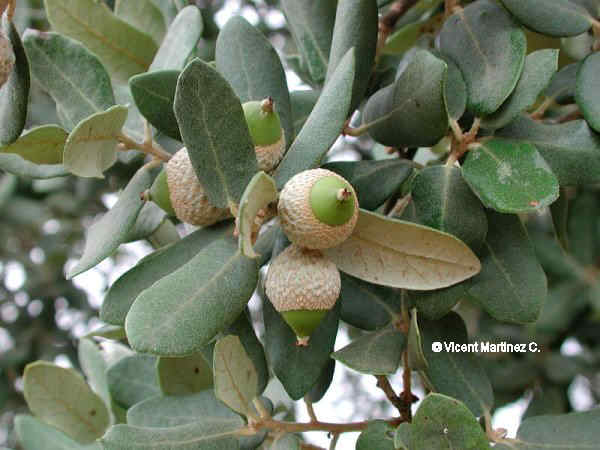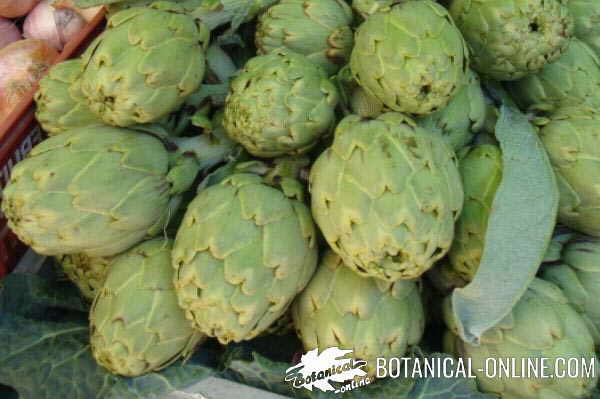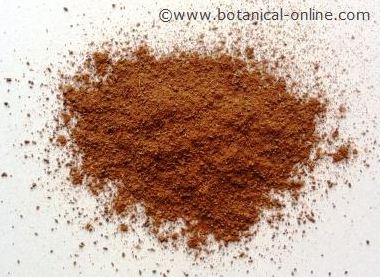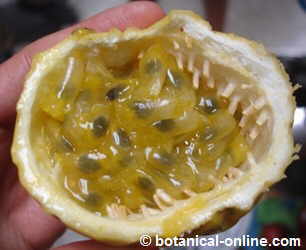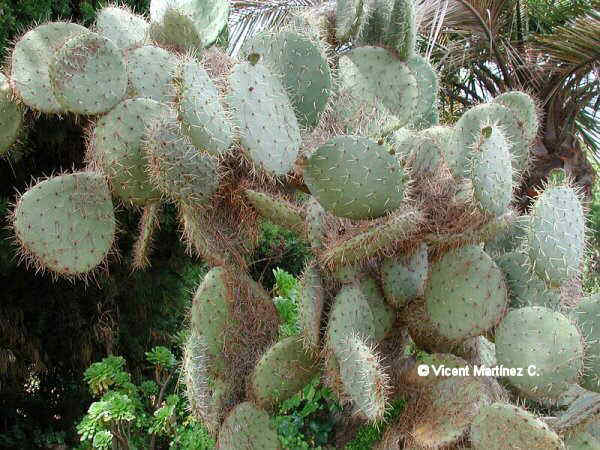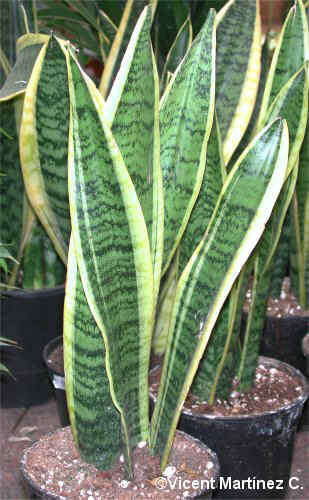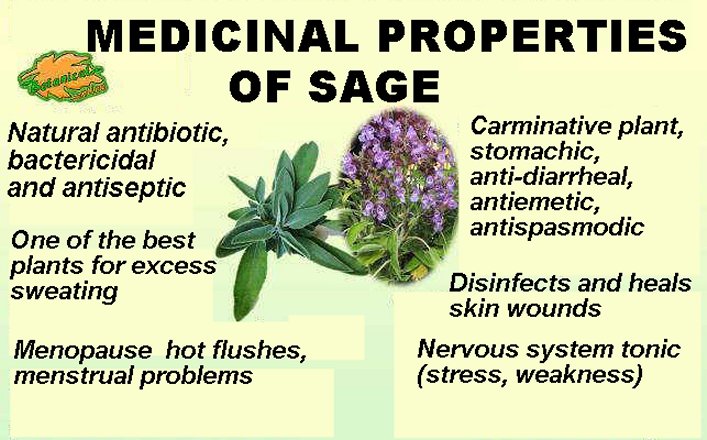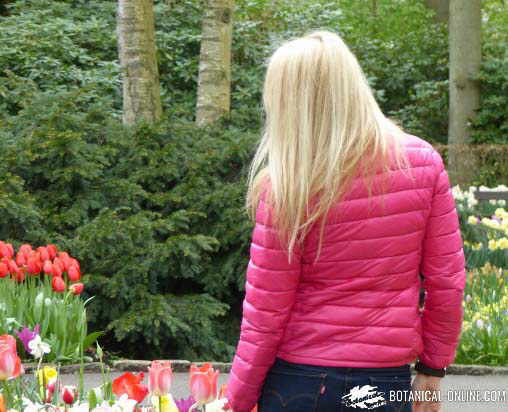Contents
- 1 Contraindications of cruciferous vegetables for the thyroid
- 1.1 Can people with thyroid diseases eat cruciferous foods?
- 1.2 Recommendations on cruciferous vegetables and thyroid use
- 1.3 Cruciferae and thyroid problems due to lack of iodine
- 1.4 Is it recommended to limit cruciferous vegetables in case of hypothyroidism?
- 1.5 Is it good to compensate the consumption of cruciferous vegetables with algae?
- 1.6 Medications for hypothyroidism and cruciferous vegetables
- 1.7 Hyperthyroidism and cruciferous vegetables
- 1.8 Cruciferous vegetables and thyroiditis of Hashimoto
Contraindications of cruciferous vegetables for the thyroid
Can people with thyroid diseases eat cruciferous foods?
There are doubts about whether it is appropriate to consume cruciferous vegetables when there are alterations of the thyroid, because these vegetables contain goitrogenic compounds, which impede the absorption of iodine, an essential mineral for the functioning of the thyroid gland, being part of the thyroid hormones.
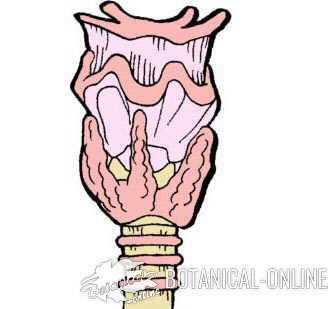
Recommendations on cruciferous vegetables and thyroid use
That crucifers contain goitrogenic components does not mean that they will produce goiter (iodine deficiency). Actually, cruciferous vegetables are highly nutritious vegetables with potential health benefits. Therefore, in the diet has more advantages than disadvantages, both in healthy people, as in hyperthyroidism or hypothyroidism.
The only precaution that this group of foods deserves is that all people who eat cruciferous vegetables make sure to eat foods rich in iodine, such as iodized salt and marine products such as fish.
Cruciferae and thyroid problems due to lack of iodine
Cruciferous consumption would only be problematic in case of iodine deficiency, that is, if not enough iodine is ingested in the diet. This could occur in people who do not consume foods rich in iodine and usually eat cruciferous vegetables (cabbage, arugula, mustard, radishes, turnips, etc.) and even other goitrogenic plants such as soy.
Then, the goitrogenic compounds of the cruciferous vegetables can negatively affect the good functioning of the thyroid producing an increase in the size of the thyroid gland, subclinical hypothyroidism, or problems due to iodine deficiency. These side effects are more likely in children who do not eat enough iodine.
Is it recommended to limit cruciferous vegetables in case of hypothyroidism?
There is no problem in consuming crucifers in hypothyroidism. An adequate intake would be, for example, 2-3 times per week, provided that there is a good supply of iodine in the diet (iodized salt, fish).
Plate on whether cruciferous plants are contraindicated for thyroid diseases, such as hypothyroidism or hyperthyroidism, due to their goitrogenic compounds. They are vegetables with more nutritional benefits than possible problems. You just have to consume an adequate amount of iodine in your diet.
Is it good to compensate the consumption of cruciferous vegetables with algae?
Some people recommend taking seaweed because of its high iodine content, which compensates for the goitrogenic effect of cruciferous plants. However, this recommendation is not appropriate in case of autoimmune or Hashimoto thyroiditis. In these cases it is advisable to avoid the consumption of algae. A good way to complement the hypothyroidism problems in these cases would be the ingestion of 2-3 Brazil nuts daily, for its selenium content.
Medications for hypothyroidism and cruciferous vegetables

The adults with hypothyroidism can consume cruciferous vegetables, being these very advisable vegetables. On the other hand, its babies and children with hypothyroidism can eat in small amounts but they should not be eliminated or prohibited.
The only precaution that hypothyroid adults should take if they take cruciferous vegetables is not to combine their ingestion with medications. This usually does not happen, since levothyroxine (Eutirox) is taken in the morning and fasting. However, although it is unusual, after medication it is not advisable to eat cabbage, radish or other cruciferous foods that could interfere with the medication (for example green juices,or similar).
Apart from the incompatibility of the medicines with the cruciferous ones, it is not necessary for people with hypothyroidism to have more precautions with these foods.
Hyperthyroidism and cruciferous vegetables
Cruciferous vegetables are not harmful to people with hyperthyroidism. In these cases, the opposite effect to hypothyroidism occurs: There is an increase the production of thyroid hormones, so preventing the uptake of iodine would improve the symptoms, by preventing the manufacture of these hormones.
In that sense, the consumption of crucifers could be even more beneficial for hyperthyroidism, but it is also not recommended to abuse soy consumption in any case.
When hyperthyroidism is treated with antithyroid drugs, the same precaution is recommended as with Eutirox: avoid its combination and, in any case, distance the intake of the drug from the consumption of the food.
Cruciferous vegetables and thyroiditis of Hashimoto
Hashimoto’s thyroiditis is an alteration of the thyroid that usually has a genetic or autoimmune origin and can produce hypothyroidism
The position on the cruciferous vegetables consumption in these cases is similar to the previous cases: they can be taken, but in moderation, and far from thyroid medications. In addition, it is interesting in these cases to consider a diet protocol for autoimmune diseases, together with a dietitian nutritionist.
![]() More information on cruciferous vegetables
More information on cruciferous vegetables

